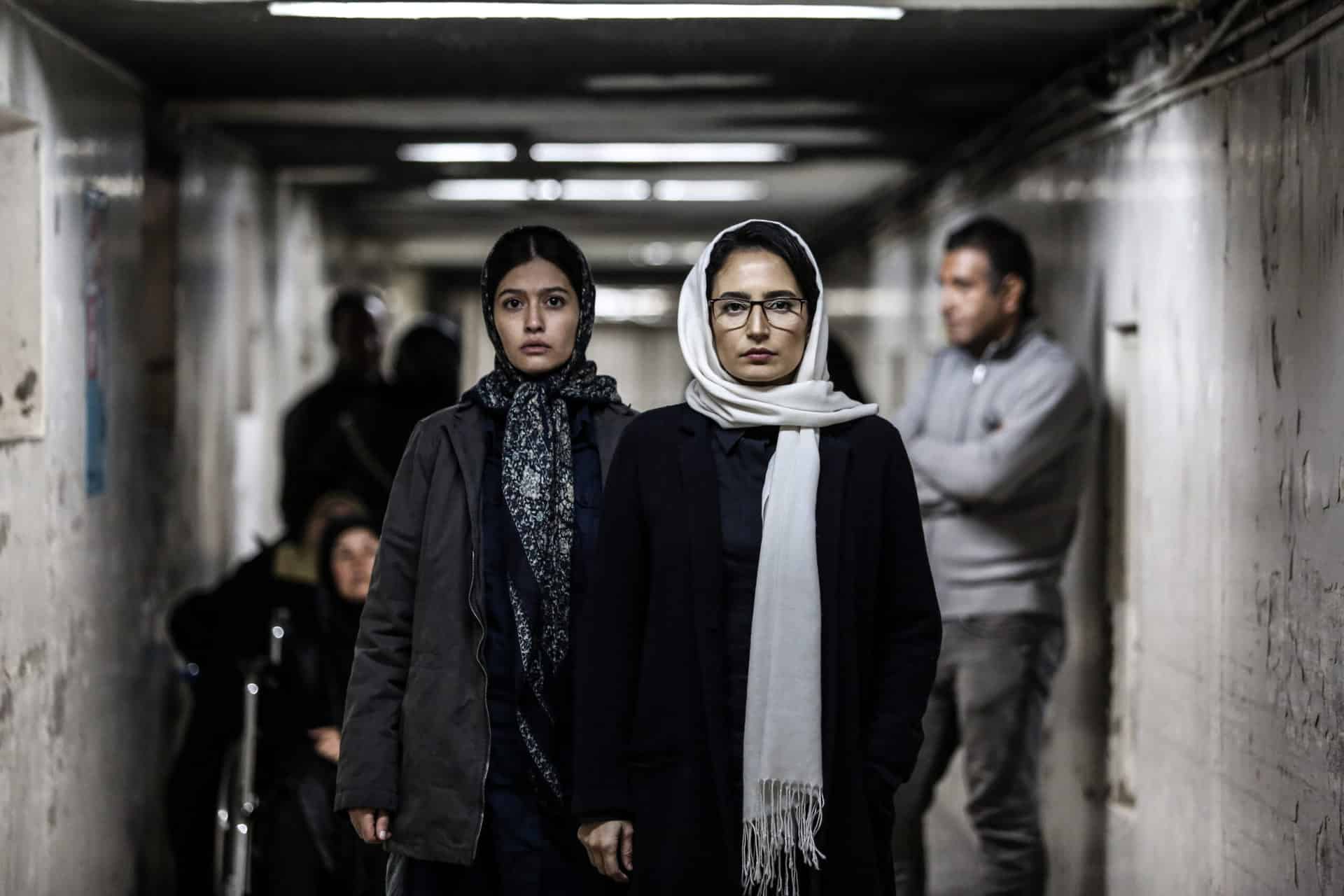Scriptwriter of “Last Life in the Universe”, Prabda Yoon's feature debut is a film equally unorthodox, through a genre mash-up that seems to focus more on style than context.
Motel Mist is available from Raintrail Pictures
A love motel on the outskirts of Bangkok called Motel Mistress becomes the central location for five people whose lives eventually intertwine in the most unexpected fashion, along with Nid, the mother of a now disappeared celebrity, who describes her son's, Tul, obsession with aliens on TV. Sopol, a middle-aged father-like figure picks up a young girl, Laila, from school, only to indulge in his intense S&M fetishes in room number 7, his custom-made erotic chamber. The aforementioned Tul eventually also arrives in the same hotel, insisting for room 5, even paying a large amount of money to get, only to paint it black in order to communicate with aliens. Tot, the motel attendant, watches the aforementioned TV program and dreams of another job, mostly communicated through his phone. Eventually, he goes to check on Tul. In the meantime, Sopol's games become more violent, and Laila soon calls a friend of hers to join them, Vicky, whose rather sultry appearance overcomes Sopol's angry restrictions. However, the girls have other plans.
Prabda Yoon directs a movie whose narrative unfolds in completely different directions, depending on the setting (and the room) the focus is on. In that fashion, Sopol's room, which takes the biggest part of the movie, starts with exploitative/erotic elements before the concept of revenge takes over. However, and although the sleaze is evident as Sopol ball-gags, ties, and spreads Laila while forcing her to watch retro porn on TV, neither the violence nor the sex are particularly graphic, an approach that continues even after Vicky appears. Furthermore, the intense dialogue during all the exploitation images that appear on screen is reminiscent of Tarantino's style, as the discussion moves towards the “glory of the past and the decay of the present”, relationships, being a prominent citizen and other discussions that, normally, would not take place in such a setting.
This approach, allows Yoon to focus on the best asset of the movie, which is the combination of Chananun Chotrungroj's cinematography, Rasiguet Sookkarn's production design and Manop Chaengsawang's art direction, whose result, in this part, a voyeuristic cornucopia of intense colors where red dominates, is more than impressive. Inside this setting, the various sexual toys take on a hypostasis that points towards clip-art while the ironic humor (as exhibited in the constant operatic music during the sexual scenes), the exploitation and the sleaziness co-inhabit the setting.
Particularly Chaengsawang's work seems to defy space completely, a concept that also becomes obvious in the next setting, where a silent Tul changes his room in ways that defy logic, as a sci-fi surrealism dominates his arc. The brightness of the lights and the motleyness of the colors also extends to Tot's segment, which unfolds as the most normal one, but eventually becomes part of the absurdness of Tul's setting, as the two eventually interact in the most uncanny way possible.
Both the visual package and the overall aesthetics of the movie are impressive, essentially carrying the movie from beginning to end, particularly since the acting and particularly of Surapol Poonpiriya as Sopol (the most demanding role in acting terms), Prapamonton Eiamchan as Laila (The most demanding in physical terms) and Vasuphon Kriangprapakit as Tul are quite fitting. Furthermore, Lee Chatametikool's editing connects the various segments in a way that adds to the disorienting, surrealistic approach of the narrative, while the arc that unfolds from TV adds another level of, quite entertaining, weirdness. At the same time, however, one cannot ignore that the movie's focus is more on impression than substance, something that faults, at least partially, its quality particularly since its duration reaches almost 2 hours.

“Motel Mist” may not thrive on context, but sometimes the “package” (style) can be more important that the actual “gift” (context), and this is definitely one of those cases.















